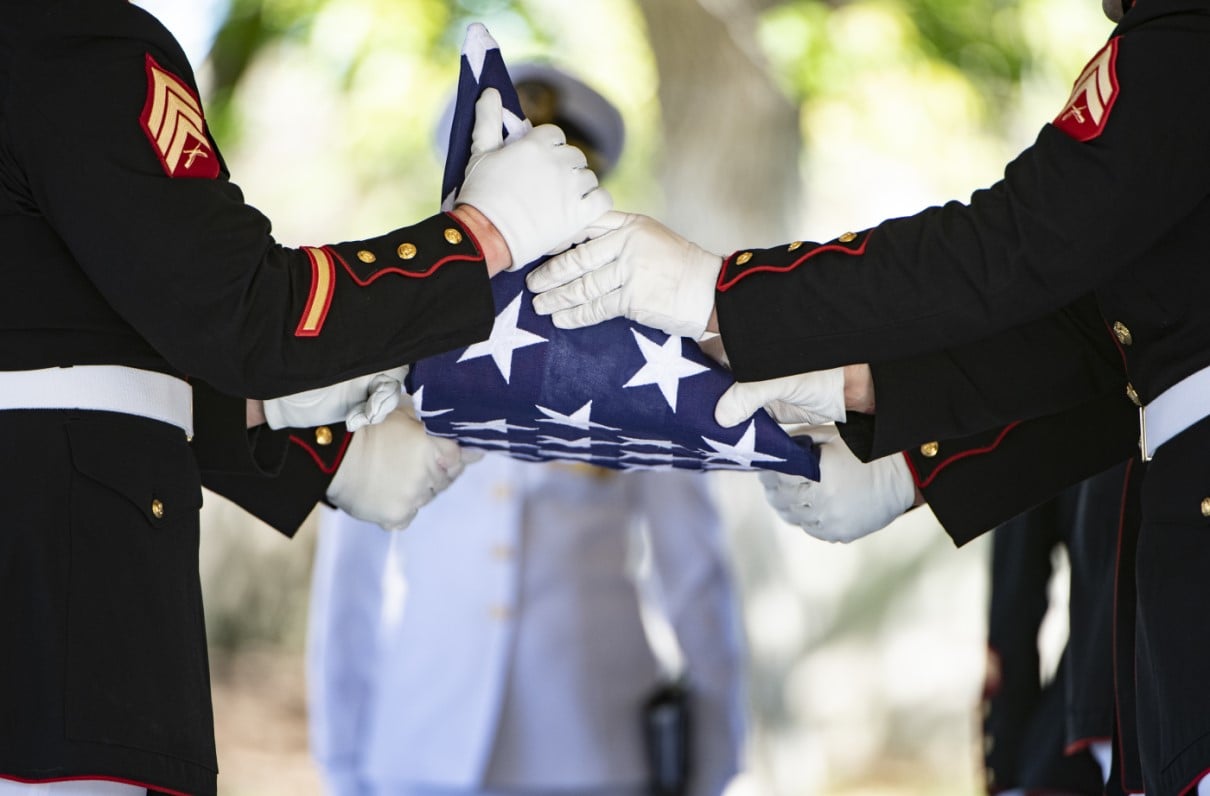Editor’s note: This article by Amanda Miller originally appeared on Military.com, a leading source of news for the military and veteran community.
Military retirees who opted out of a valuable survivor’s benefit when they left active duty will get a rare second chance to enroll thanks to a new rule in the 2023 National Defense Authorization Act. The same measure allows currently enrolled users to leave the program.
Retirees typically get only one chance to enroll in the Survivor Benefit Plan (SBP). Those who opt in usually name their spouses as the beneficiaries, said Mark Belinsky, director of currently serving/retired affairs for the Military Officers Association of America and an Army retiree.
[FROM DFAS.MIL: NDAA 2023 Survivor Benefit Plan (SBP) Open Season]
The SBP is like a life insurance policy with no cap. After a retiree dies, the SBP pays a beneficiary up to 55% of the retiree’s retirement pay, adjusted for inflation, monthly for the rest of the surviving spouse’s life, or till a child reaches an age cap.
The SBP is such “a very good plan,” Belinsky said, that for retiring service members to opt out, their spouses have to consent.
[RELATED: Why You Should Factor the New SBP-DIC Rule Into Your Financial Plans]
But despite the benefit’s high face value, many retirees declined coverage because of a rule known colloquially as the “widow’s tax” and officially as the Survivor Benefit Plan offset. That law reduced SBP payments to spouses who were also eligible for the Department of Veterans Affairs’ Dependency and Indemnity Compensation (DIC) allowances. DIC allowances are for the surviving spouses of service members who died on active duty or of veterans who died from injuries received as a result of their service.
The Defense Department has eliminated the SBP offset in phases, with full removal as of the Feb. 1, 2023 pay date, so now is a good time to open up enrollment, Belinsky said.
When service members decline coverage at retirement, a few life changes allow them to enroll. For example, if a service member was single at retirement and later gained a spouse. But limitations apply. Click here to read more.
Those who opt in -- the default -- get to withdraw or change their coverage only in their third year of receiving retirement pay or in limited other situations such as if their beneficiary dies first.
A child may also receive the benefit, but not for life, as may others such as a business partner or parent in the absence of a spouse or children.
[UPDATED MONTHLY: MOAA's Surviving Spouse Corner]
Those who enroll during the open season will have to catch up on paying the premiums they missed since retiring plus pay interest and “any additional amount” deemed necessary to maintain the “soundness” of the Defense Department’s retirement fund, according to the new law.
Current enrollees can opt out during the open season with their spouse and/or beneficiaries’ consent but won’t receive a refund for the premiums they’ve already paid.
The open season to enroll begins with Biden’s signature and ends Jan. 1, 2024. Anyone receiving retirement pay who hasn’t already enrolled in the SBP may take advantage of the open season in 2023. Retirees are eligible who either already receive retirement pay or who would receive it except they haven’t yet reached age 60.
 Check Out MOAA’s Digital Retirement Guide
Check Out MOAA’s Digital Retirement Guide
Your retirement, your way, with help from a trusted source -- MOAA's Digital Retirement Guide brings you information on retirement living nationwide, including easy-to-search entries and retirement news you can use.
